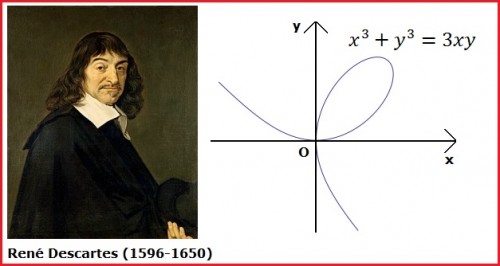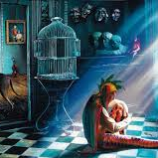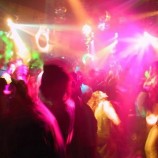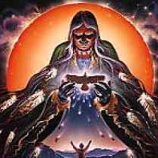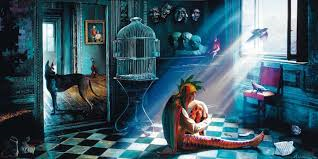Knowledge, Science and Philosophy
Logic and its syllogisms and most of its other instructions are more useful to expound one’s knowledge to others than to really learn.
Today we cannot overly conceed to my distrust, seeing that, now, it is no longer time to act, but to meditate and aquire knowledge.
The philosophy I practice is not barbaric and fierce that it rejects the passions; on the contrary, it is in them alone where the sweetness and happiness of life lies.
I almost never trust the first thoughts that come to mind.
Except our own thoughts, there is nothing absolutely in our power.
There are no easy methods for solving difficult problems.
I resolved to pretend that all the things that had ever entered my mind were no more true than the illusions of my dreams.
Since we are finite, it would be absurd of us to try to determine anything concerning the infinite.
Unattach from all the impressions of the senses and of imagination, and only trust in reason.
To improve our knowledge level, we should learn less and contemplate more.
Often things that seemed true to me when I began to conceive them later seemed false when I went to put them down on paper.
The reading of good books is like a conversation with the best men of past centuries—in fact like a prepared conversation, in which they reveal only their best thoughts.
I would give everything I know for half of what I ignore. The little I have learned lacks in value compared with what I ignore and do not despair to learn.
Living without philosophizing is exactly like having one’s eyes closed without ever trying to open them.
We are deemed to maintain a great many prejudices if we do not decide to doubt, at some time in the course of our life, everything that we find to contain even the smallest suspicion of incertainty.
In order to investigate the truth we must doubt, while it is still posible, everything around us.
Mathematics is the science of order and measure, of beautiful chains of arguments, all simple and easy.
Divide each difficulty into as many parts as is feasible and necessary to resolve it.
I realized that all the knowledge and science that I sought could be found in myself or in the great book of the world.
I had long before remarked that, in relation to practice, it is sometimes necessary to adopt, as if above doubt, opinions which we discern to be highly uncertain, (…). But as I then desired to give my attention solely to the search after truth, I thought that a procedure exactly the opposite was called for, and that I ought to reject as absolutely false all opinions in regard to which I could suppose the least ground for doubt, in order to ascertain whether after that there remained aught in my belief that was wholly indubitable.
And so, seeing that our senses sometimes deceive us, I was willing to suppose that there existed nothing really such as they presented to us; and because some men err in reasoning, and fall into paralogisms, even on the simplest matters of Geometry, I, convinced that I was as open to error as any other, rejected as false all the reasonings I had hitherto taken for demonstrations.
In order to examine the truth, it is necessary, once in the course of our lives, to doubt everything as much as posible.
No one can conceive something so well and make it his own when he learns it from another, instead of inventing it himself.
Well, then, what am I? A thing that thinks. What is that? I think, therefore I exist… I shall think that the sky, the air, the earth, colours, shapes, sounds and all external things are merely dreams that he, a deceiving god, has contrived as traps for my judgment. I shall consider myself as having no hands or eyes, or flesh, or blood or senses, but as having falsely believed that I had all these things. I shall stubbornly persist in this train of thought; and even if I can’t learn any truth, I shall at least do what I can do, which is to be on my guard against accepting any falsehoods… I can doubt everything, but I am certain that I am here, thinking, doubting. I am a being that doubts, that thinks
We must carefully avoid all “precipitation” and “prejudice” in judgments and to accept in them as truth nothing more than what was presented to my mind so clearly and distinctly that I could have no occasion to doubt it.
All philosophy is like a tree, whose roots are formed in metaphysics, the trunk by physics, and whose branches, which grow from this trunk, are all of the other sciences, which reduce to three principle sciences, namely medicine, mechanics, and morals.
I detained myself in a cave where, finding no chatter to distract me, and, quite happily, no preocupation nor passion to disturbe me, I would stay the entire day alone closed up in a warm room and had much time available to entertain myself with my thoughts.
Related Articles



